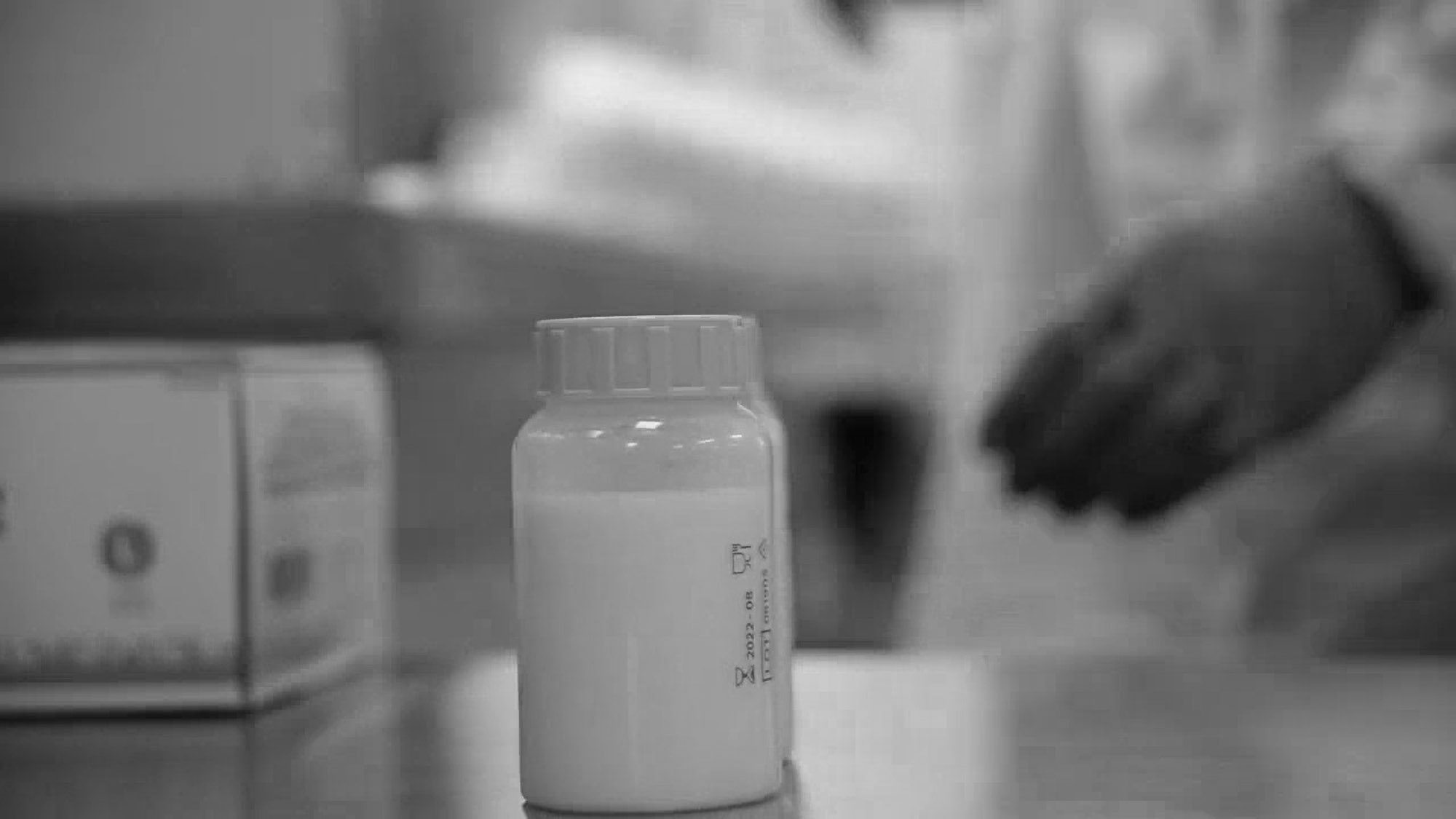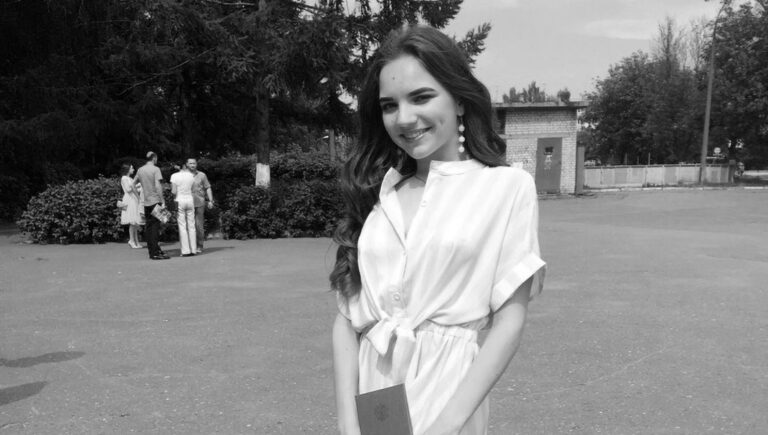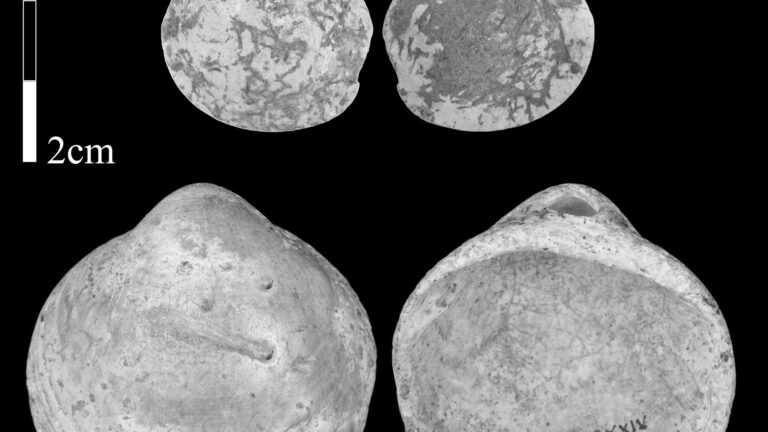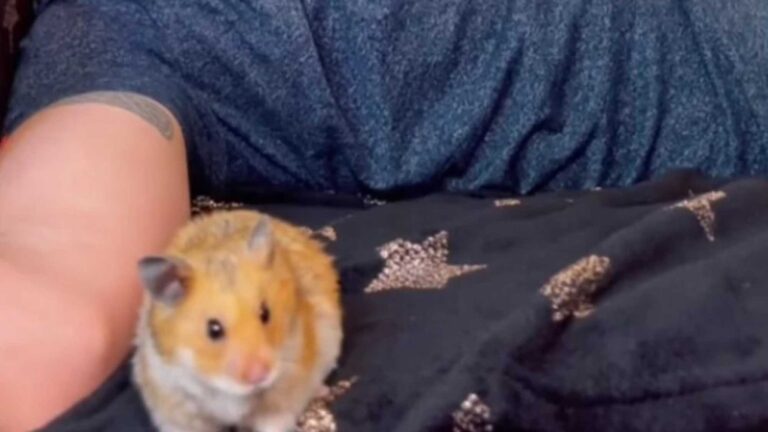Breast milk can kill the coronavirus before it infects the body, a new Dutch study shows.
The discovery could well provide an effective way to protect vulnerable citizens against COVID-19, the lead researcher on the study, Britt van Keulen, told Real Press.
Ms van Keulen and her team of researchers from Amsterdam University Medical Centre and the Emma Children’s Hospital in Amsterdam, in the Netherlands, have identified large quantities of coronavirus antibodies in breast milk from women that have previously been infected with the virus, a finding they expect could lead to a breakthrough in ready-to-use preventive treatment in nursing and retirement homes.
Breast milk may eventually help curb cluster outbreaks of COVID-19, reducing infection and mortality rates among the hardest hit groups, the study, which was published on 21st August, concludes.
Ms van Keulen said: “We found the presence of antibodies against SARS-CoV-2 in the breast milk of ex-COVID-19 women. In addition, the antibodies are capable of neutralising a clinical isolate of SARS-CoV-2 in vitro.”
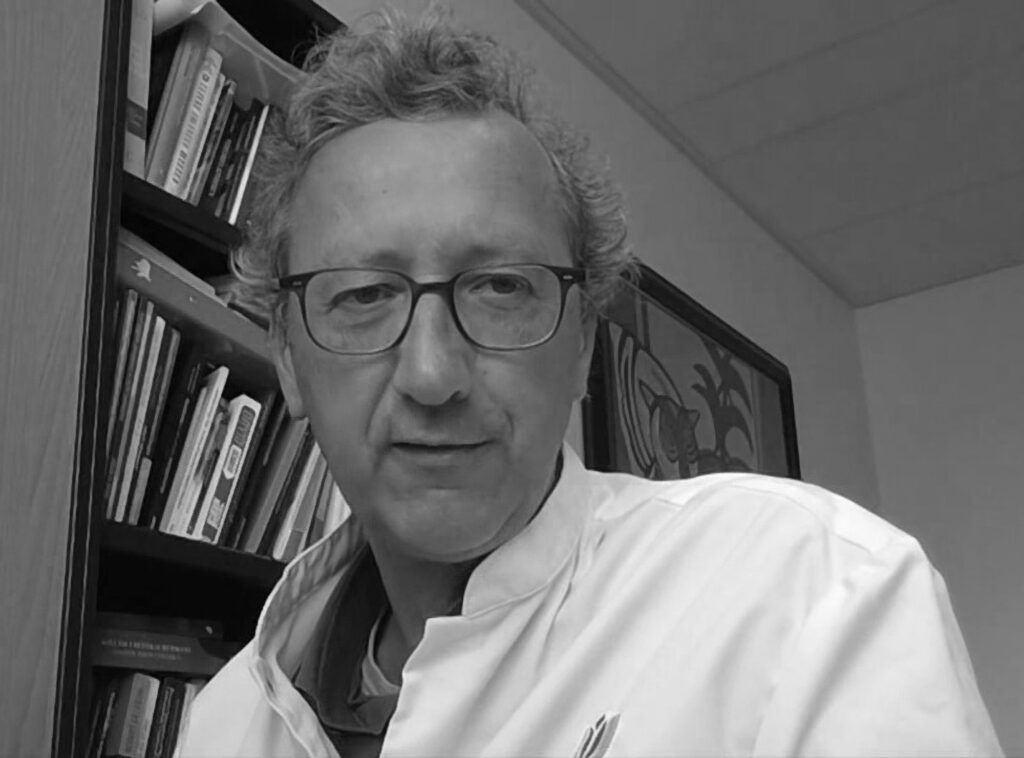
Or, in layman terms: “It may serve as a safe an widely applicable preventive strategy for vulnerable high risk populations.”
The theory, according to the study, is, that the breast milk will coat the mucous membranes with a protective layer. When virus particles are then inhaled, the antibodies in the protective layer will attack and neutralise the virus before it can enter the blood stream.
The study was initiated back in April, after the researchers had learned about a pregnant woman who contracted the SARS virus back in 2003.
“This woman became seriously infected with the SARS virus and gave birth to a healthy baby at 38 weeks. Antibodies to that virus were found in her breast milk. If you know that the coronavirus is very similar to the SARS virus, then I think that coronavirus antibodies can also end up in breast milk,” Ms van Keulen said in a statement on the website of Amsterdam University Medical Centre at the time.
That her presumption has now been confirmed gives Ms van Keulen hope that breast milk can be administered in Dutch nursing and retirement homes to quash outbreaks and help significantly reduce infection and death rates if a second wave of the coronavirus hits the country.
One of the clear advantages of breast milk compared to other treatments currently being worked on by scientists around the world is that it will not have to be developed and refined in a laboratory first. It is already fully developed and ready to use.
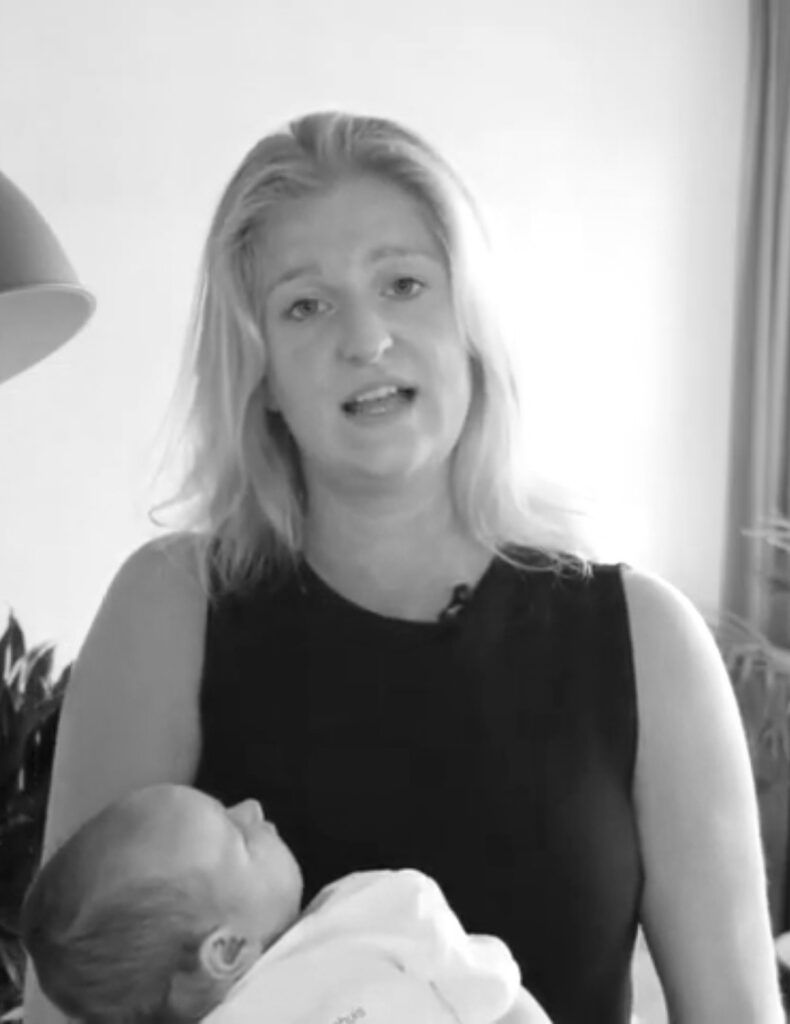
Ms van Keulen: “In the Netherlands, but also in many other countries, donor breast milk is already being used as neonatal intensive care units for preterm born infants. After pasteurisation, it is a safe product.”
The obvious downside, meanwhile, is that breast milk can’t be reproduced artificially. The quantity that can be produced is strictly limited by the number of available breast milk donors.
She said: “At this moment, it is not possible to reproduce an alternative for wider use. We think it should be used, exclusively at this moment, for the vulnerable elderly. For instance, in a nursing home with an actual COVID-19 outbreak. At that moment, you may prevent a further expansion of the outbreak.”
To achieve the optimal protective effect, it is, however, important that the milk isn’t merely swallowed. One possible solution is to administer the breast milk in flavoured ice cubes, Ms van Keulen explained.
She said: “You want the antibodies to be in contact with the mucous membranes for as long as possible. When you drink it, it disappears quickly.”
The idea of suckling on a breast milk ice cube may seem a far stretch for some, but “if it protects against a deadly virus, we should just get over that embarrassment,” Ms van Keulen said.
The Dutch team has now initiated a broader study to establish the full potential of breast milk as protective treatment. According to Emma Children’s Hospital Director Professor Hans van Goudoever, breast milk is currently being collected from over 7,000 donors to examine how many of them have antibodies. The plan is to start testing in Dutch nursing homes later this year whether the breast milk indeed has the expected protective effect.
The Netherlands have registered 66,554 COVID-19 cases and 6,200 deaths in a population of 17,3 million people. That ranks it in the highest third of EU-countries hardest hit by the pandemic, and the brunt of the crisis has been felt in the country’s senior citizens’ homes.
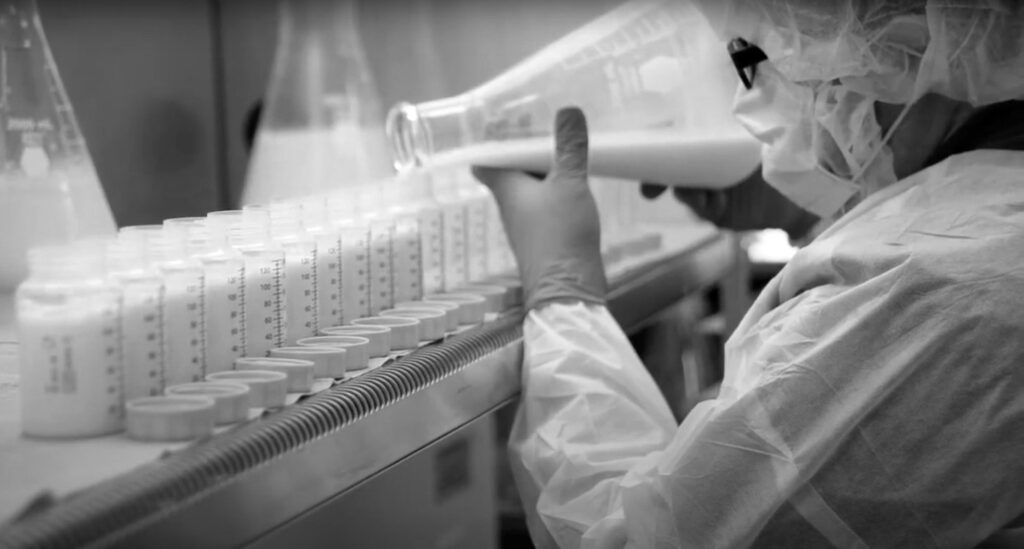
Back in April, at the height of the crisis, more than 80 senior citizens died every day in Dutch nursing homes. After a welcomed respite, the number of COVID-19 infections started rising again towards the end of July. According to the Dutch National Institute for Public Health, the number of new infections has topped 4,000 a week for the past two weeks, and effective from 15th August, the UK added Holland to its travel quarantine list in response to the latest developments.
To find out more about the author, editor or agency that supplied this story – please click below.
Story By: Delano Langras, Sub-Editor: Joe Golder, Agency: Real Press
The Ananova page is created by and dedicated to professional, independent freelance journalists. It is a place for us to showcase our work. When our news is sold to our media partners, we will include the link here.

